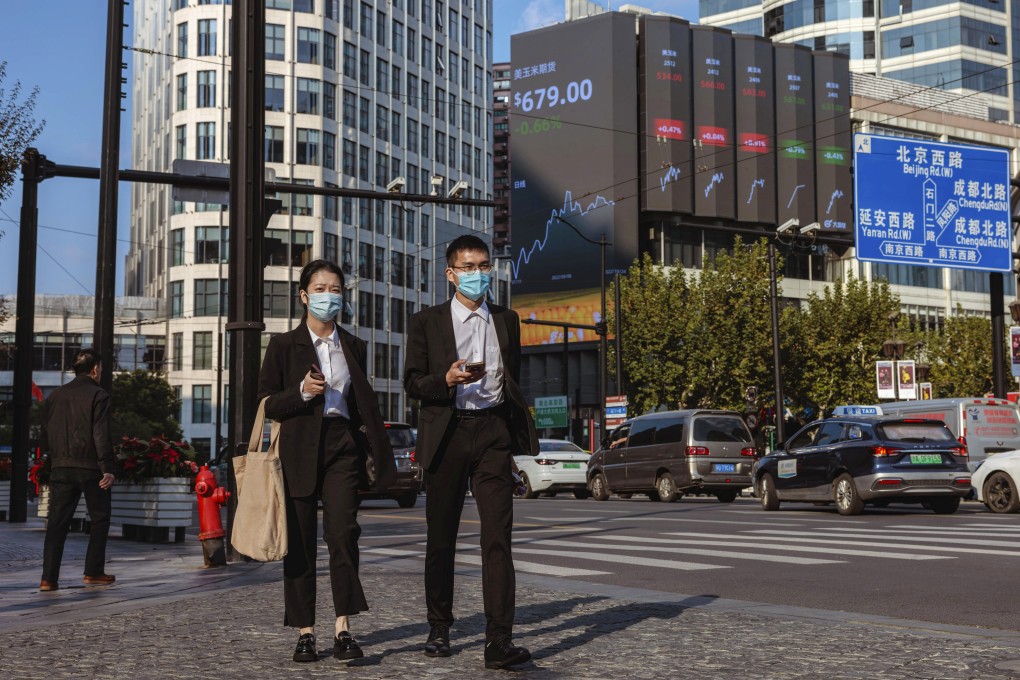With China on ‘extended’ path to reopening, emerging market equities will outperform peers in developed economies, record double-digit growth, Allspring analyst says
- Double-digit upside is backed by better economic recovery and earnings growth into next year, portfolio manager focusing on emerging market equities says
- China is in a position to easily introduce more supportive economic policies and its economic recovery into 2023 could still look rosy

Emerging market equities are expected to record a double-digit rebound from the current low valuations and outperform developed economies towards the end of 2022 and next year, with China on an “extended” path to reopening, according to Allspring Global Investments.
The double-digit upside is backed by better economic recovery and earnings growth into next year, said Elaine Tse, a portfolio manager focusing on emerging market equities at the US-based asset management firm.
“When things are at their worst is really the best time to be investing, which is a little bit what it feels like right now,” said Tse, who has around 30 years of experience in investment in emerging markets. “We’re looking for that inflection point, in fact, to be now – for emerging markets to start outperforming developed markets.”
China’s reopening would be gradual, Tse said, given its large population and the as-yet-unknown impact that the government is concerned about once it reopens.
“Reopening could be extended,” she said. “We have to separate two things. One is optimism in the market. And then optimism in the market only because of the reopening, because if that’s the only reason for the market to perform, then I think we have to be a little more cautious.”
